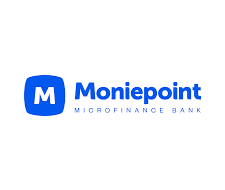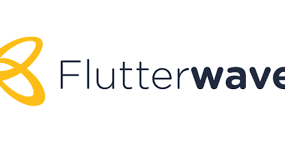The number of approved digital lending platforms in Nigeria has surged by 18.8%, rising from 320 in October 2024 to 380 as of February 2025, according to the Federal Competition and Consumer Protection Commission (FCCPC). This growth underscores the increasing reliance on loan apps as Nigerians seek financial relief amid economic challenges.
Loan apps have gained popularity due to their ease of access, quick approval times, and ability to serve financially underserved communities. Data from the CBN indicates that loan demand skyrocketed by over 300% in 2024, amounting to approximately ₦7.52 trillion in borrowing as of March that year. With only 311 digital lenders operating as of September 2024, the latest figures reflect a 22% increase within a few months.
A study referenced by Nairametrics reveals that among the 380 loan apps currently operating, 322 have obtained regulatory licenses from the FCCPC, while 16 are directly approved by the Central Bank of Nigeria (CBN). The remaining 42 operate under conditional approval, raising concerns about regulatory oversight and borrower protection.
Risks and Regulatory Oversight
Despite their benefits, the surge in loan apps has raised concerns among economic analysts, who warn of potential risks such as fraudulent platforms, data privacy violations, and exorbitant interest rates.
In response, the FCCPC has intensified its regulatory efforts, leading to the delisting of 47 loan apps from the Google Play Store and placing another 88 under surveillance.
Dr. Adamu Abdullahi, the Executive Commissioner of Operations at the FCCPC, emphasized the agency’s commitment to ensuring accountability by identifying the companies behind these platforms.”Without regulation, tracking these digital lenders would be nearly impossible. The FCCPC is committed to balancing the need for digital lending with protecting consumers from predatory practices,” Abdullahi stated.
The growing adoption of digital lending in Nigeria aligns with broader trends observed across Sub-Saharan Africa. A report by AppsFlyer and Google on the State of App Marketing in Sub-Saharan Africa (2024) found that financial services apps, particularly loan and banking apps, experienced a 23% rise in installations across the region. While Android continued its upward trend into Q3 of 2024, with a 20% increase, iOS saw a 14% decline in the same period.
However, concerns persist regarding unethical debt recovery methods employed by some lenders. Borrowers have reported harassment, including public shaming tactics, where personal photos and information are shared online to pressure repayments. Such incidents have led to job losses and severe reputational damage for affected individuals.
The FCCPC urges Nigerians to report any harassment from loan apps via email, direct messages on X (formerly Twitter), or by filing complaints on the official website fccpc.gov.ng under the “File a Complaint” section.







2 replies on “Approved Loan Apps in Nigeria Surge by 18.8% Amid Economic Struggles”
[…] Nigeria’s ongoing economic struggles, particularly the severe devaluation of the naira since 2023, have contributed to soaring inflation and growing financial instability. With more than half of IHS Towers’ revenue tied to Nigerian operations, this economic volatility poses a serious threat to its growth prospects. The company has admitted that continued economic deterioration could impact its customers’ ability to meet lease obligations and maintain demand for telecom infrastructure. […]
[…] appointed Managing Director, Mr Ayo Sotinrin, vows to tackle the lingering issue of non-performing loans with a mix of tech and field supervision. Sotinrin made his plans public during his assumption of […]